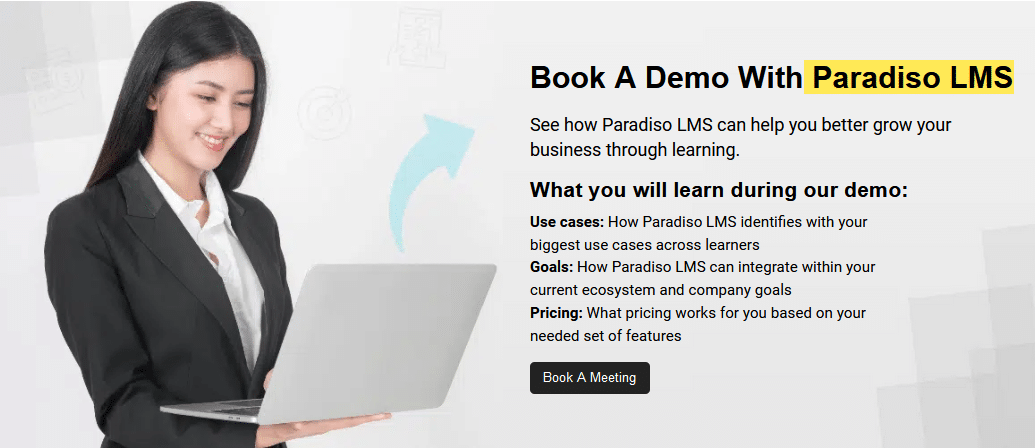What Does It Mean to Be Future-Ready in Education?
In today’s fast-paced world, the concept of being future-ready in education goes beyond simply adopting new technologies. It represents a transformative approach to learning that prepares students not just for current demands but for the unpredictable challenges of the future. Future-ready education emphasizes critical thinking, adaptability, digital literacy, and lifelong learning.


















